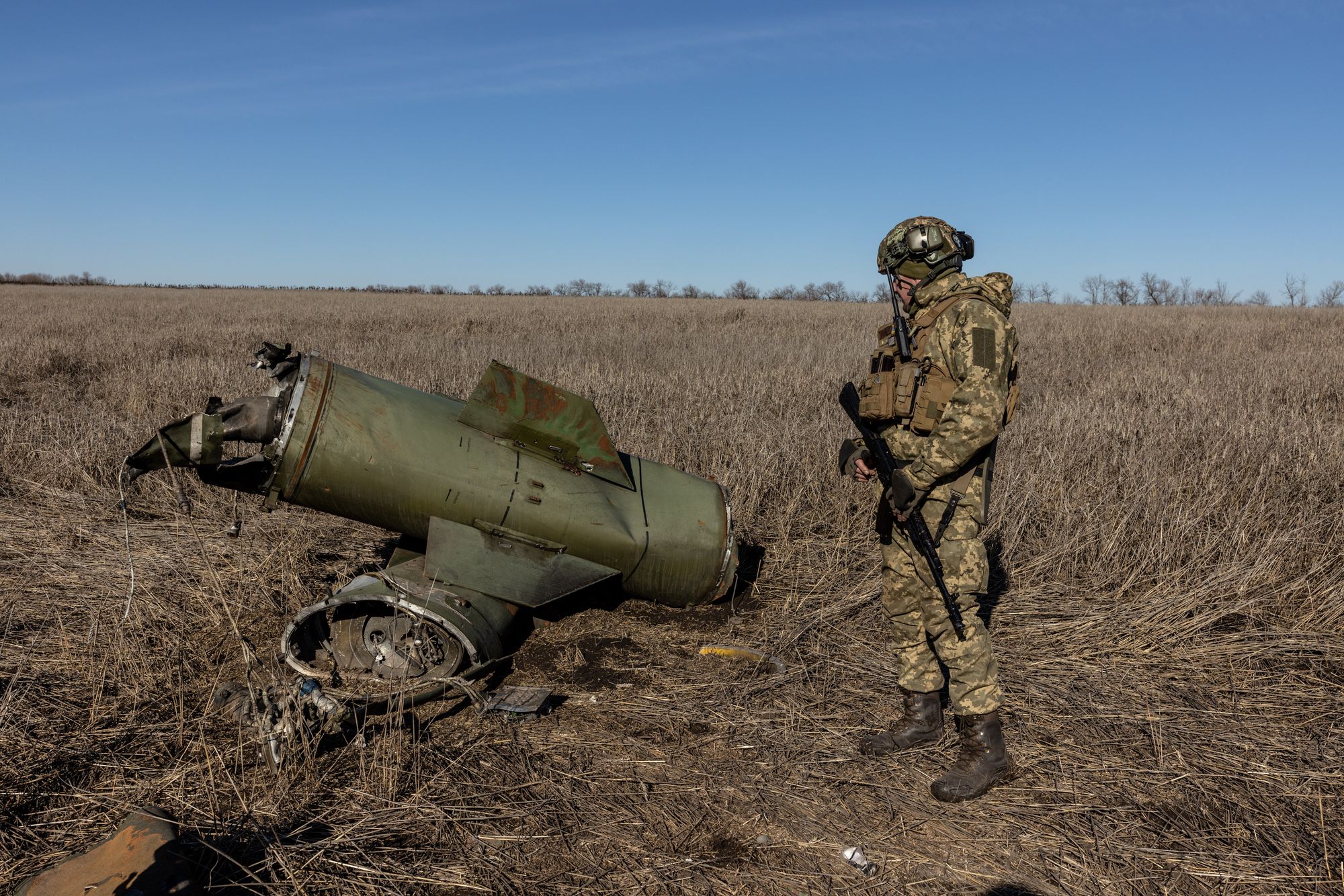The EU has assessed that it "can't legally confiscate outright frozen Russian assets" and focuses on using those assets temporarily instead, Bloomberg reported on June 21, citing a document it had obtained.
According to Bloomberg, the EU is "zeroing in on two options" as it continues looking for options to harness over $219 billion in frozen Russian central bank assets and send them to Ukraine.
"Many of the funds are at settlement giant Euroclear Ltd., where they generated nearly 750 million euros by the first quarter of this year," Bloomberg reported, adding that the bloc is expected to "seek a mandate to work on this policy from EU leaders when they meet in Brussels next week."
Also, members of the EU working party on the use of frozen Russian assets see "no credible legal avenue allowing for the confiscation of frozen or immobilized assets on the sole basis of these assets being under EU restrictive measures" but favor "channeling windfall profits from the investments to Ukraine," Bloomberg reported, citing the document.
On the same day, Prime Minister Denys Shmyhal announced that Ukraine is working on a mechanism to allow the confiscation of up to $500 billion of frozen Russian assets, online newspaper Yevropeiska Pravda reported.
According to the newspaper, Shmyhal said confiscating Russian assets should become the primary source of funding Ukraine's reconstruction.
"Russia must pay for what it has destroyed. We are preparing a fair mechanism that will allow us to confiscate up to $500 billion of Russian assets frozen in the West," Shmyhal said.
On June 19, the U.K. announced its plans to use sanctions and asset freezing to make Russia pay for Ukraine's reconstruction.
The planned package of measures will enable London to keep sanctions in place by amending their purpose. Their newly stated aim will be to promote compensation payments from Russia to Ukraine.
"Putin's Russia must take financial responsibility for the wanton devastation it has wrought on Ukraine," Chancellor of the Exchequer Jeremy Hunt said.
Western countries have frozen around $300 billion of Russia's Central Bank assets since the start of the full-scale invasion of Ukraine.
Some U.S. lawmakers wish to seize and transfer these funds to Ukraine for reconstruction.
Critics have pointed out the legal pitfalls of this move, as sovereign assets are covered by "sovereign immunity" – an understanding that one state will not seize another's property. Seizing sovereign assets may create a dangerous precedent elsewhere in the world.











